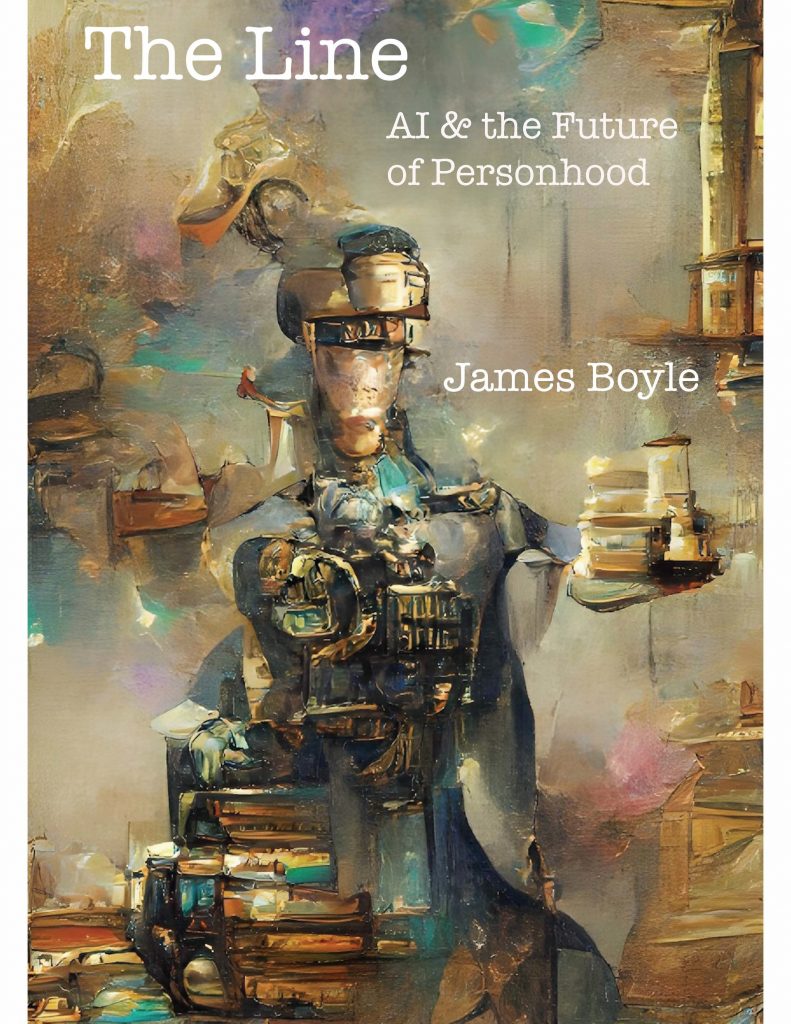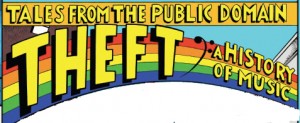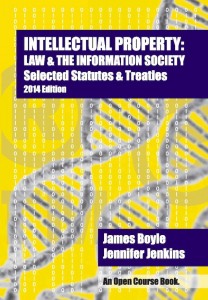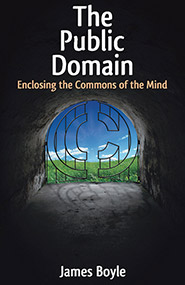My new column for the FT is up. It deals with the incredible weakness of the data on which our intellectual property policy proceeds. Ungated version after the jump
Fantasy and Reality in Intellectual Property Policy
By James Boyle
Published: December 1 2010 01:12 | Last updated: December 1 2010 01:12
What do we really know about the costs of violations of intellectual property for national economies? Or, conversely, about the economic benefits of strengthening copyright, trademark and patent protection? You could be forgiven for thinking that we know a great deal.
A widely quoted FBI assessment from 2002 estimated that US businesses lose between $200bn and $250bn to counterfeiting annually. A 2002 press release from the Customs and Border Patrol estimated counterfeit goods costing businesses $200bn dollars in losses annually and 750,000 jobs. The Federal Trade Commission was quoted as a source by industry groups for a claim that the American automobile industry alone loses $3bn annually from counterfeit car parts.
Those sound like authoritative sources and scarily large numbers. Unfortunately, when the General Accounting Office – the US government’s non partisan independent watchdog – sought the basis for those figures, it found that in each case there was no methodology, there was no study. Or in the GAO report’s words, they “cannot be substantiated or traced back to an underlying data source or methodology.” The FBI and the Border Patrol at least turn out to have made the numbers up in that authoritative scholarly form, “the press release,” while the poor FTC simply had industry groups attribute numbers to it with no basis in fact.
Despite their baselessness, to quote the GAO again, “[t]hese estimates attributed to FBI, CBP, and FTC continue to be referenced by various industry and government sources as evidence of the significance of the counterfeiting and piracy problem to the US economy.” Is this a problem confined to the US? No. An OECD report found similar problems in relying on “fragmentary and anecdotal” evidence across all member countries.
If government is doing a poor job getting us the real data, what about industry? Again, there is no shortage of estimates. As the website Techdirt pointed out, the CEO of the Motion Picture Association of America recently claimed that “piracy” (illicit copying of copyrighted works) and “counterfeiting” (of trademarked goods) are responsible for “millions of lost jobs and dollars.” Techdirt, which has done sterling service in giving these issues the kind of rigorous scrutiny that they deserve, also (derisively) quoted the International Intellectual Property Alliance 2007 report claiming that copyright dependent industries employed 8.5 per cent of the US workforce and contributed more than 11 per cent of GDP.
These are impressive numbers. For policy makers who are being asked to support expansions of intellectual property rights, such as those contained in the Anti Counterfeiting Trade Agreement currently being debated internationally, or the Combating Online Infringement and Counterfeiting Act, which is working its way through the American Senate, the numbers speak with particular force. In the aftermath of a recession, saving jobs is even more of a legislative priority than in prosperous times. If copyright and trademark supports these jobs, and if infringement causes all these losses, then obviously the data supports sweeping expansion of both rights and enforcement?
Not so fast. First of all, the economic benefits are produced not by the rights alone, but by the balance between rights and exceptions. Using exactly the same (flawed) methods as those favored by the content industries, the Computer and Communications Industry Association laid out the boundaries of what they called “the fair use” industries, industries that depend on the limitations and exceptions to copyright for their existence.
Companies, ranging from Google to IBM to eBay, depend centrally on carve outs and limitations to copyright and trademark. These limitations and exceptions range beyond fair use and include the safe-harbours in the US and the EU that establish the legality of “conduits,” such as internet service providers, and of sites like YouTube, the important principle that facts and ideas are free of copyright protection, the ability to do comparative advertising using trademarked names of products, and the limitations that save the vital task of indexing the web from being copyright infringement on a large scale.
Again, using the same techniques as the content industries employed, the CCIA pointed out that the “fair use industries” generated 4.7tn dollars in 2007 and employed one in eight of US workers.
Leaving aside the precise details of the studies, their flaws are, indeed, mirror images of each other, the CCIA’s true and important contribution to the debate is to point out that increasing rights and enforcement does not mean increasing general welfare or employment. In fact, it actually may do the reverse. Say you are a conscientious policy maker presiding over a limited budget for enforcement, with many priorities ranging from health to welfare to shutting down child pornography. The record industry comes to you with a study that demonstrates that CD sales are falling and claims that copyright infringement is to blame. “The music industry is dying,” you are told, “you must save those jobs.”
But then you delve deeper into the scholarly literature and find that, apparently driven by the ability to share music and find new fans online, the overall music industry has actually expanded. CD sales have fallen, but concert and other revenues more than offset the loss. Should you expand copyright protections, give the Justice Department sweeping new powers to ban websites without procedural checks and balances, make it easier to issue “takedown” notices – even though the evidence shows that a huge proportion of takedown notices are illicit attempts by competitor firms to squelch competition?
Once you get beyond the government’s fabricated statistics and the industry groups’ fanciful ones, the answer to that question is far from obvious. In fact, government action to shore up one business model may produce net welfare losses to society as a whole. The USPTO recently asked for comments on the enforcement of intellectual property rights online. One hopes that the answers it received were more substantive, nuanced and data-rich than those that have dominated the discussion so far. Fantasy figures make for nightmarish policy choices.
James Boyle is a Professor of Law at Duke Law School and the author of The Public Domain: Enclosing the Commons of the Mind.
The nice folk at the Financial Times, where I write a column, have an enlightened attitude towards copyright. When they arranged for me to be a columnist, they agreed to let me keep the copyright and to make articles available under a Creative Commons license. This is one of my recent columns for the FT. If you find it of interest, you might want to reward them by checking out https://www.ft.com/techforum There is lots more there.









[…] Artículo de James Boyle (reconocido experto mundial sobre el tema), aparecido en el Financial Times, que no sólo cuestiona las cifras habitualmente sostenidas por los defensores del copyright, sino que sostiene que la economía legal y los puestos de trabajo que genera el “fair use” (excepciones al copyright, el copyleft, el dominio público, etc) son SUPERIORES a la industria de la censura, digo del copyright. […]
[…] Fantasy & Reality in Intellectual Property Policy | The Public Domain |. Share this:TwitterFacebookLike this:LikeBe the first to like this post. This entry was posted in Uncategorized. […]